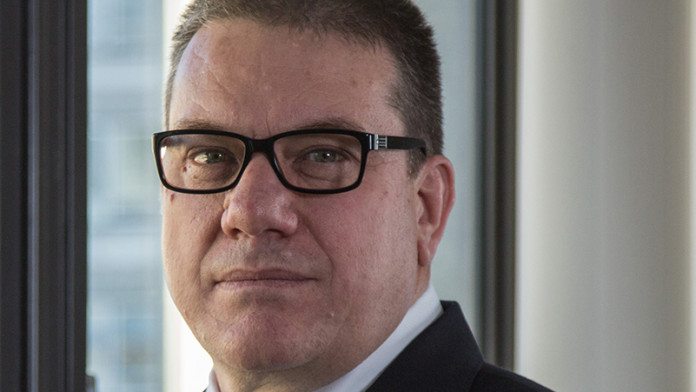
ACACIA Mining is to put its Bulyanhulu gold mine on care and maintenance at the end of the current quarter under pressure of a government concentrate export ban which has seen the UK-listed group’s net cash almost halve to $90.7m as of June 30. The company’s cash balance fell to $176m from $318m.
The company also said it had not been asked by the Tanzanian government to expel foreign employees as reported by Reuters earlier today.
“I am not aware of any international employees being asked to leave,” said Brad Gordon, CEO of Acacia Mining in a presentation today. “A number of employees have been interviewed and will be interviewed in the future,” he said. “But that media report is false.”
Acacia said in its second quarter statement today that a number of its key contractors had “… experienced difficulty when applying for work and residence permits” which affected the firm’s underground development contractor at Bulyanhulu and North Mara.
“Together with the contractor, Acacia is working to resolve this issue with the Tanzanian Ministry of Labour, but expects full year development metres at both Bulyanhulu and North Mara to be behind plan,” it said.
The concentrate export ban, imposed by the government of Tanzania where Acacia operates three mines – Bulyanhulu, Buzwagi and North Mara – is based on the findings of two presidential committees which allege Acacia under-declared the value of gold and copper concentrates from Bulyanhulu and Buzwagi for a number of years.
It therefore owed the government tens of billions of dollars – a claim Acacia has stoutly rejected. The ban, in place since March, was followed by quick-fire legislative changes in Tanzania which raised an existing royalty on mine revenue to 6% from 4% previously as well as a 1% clearing fee on exports.
Acacia’s 64% shareholder, Canadian firm Barrack Gold, is yet to have formal discussions with the Tanzanian government, led by firebrand president, John Magufuli. Acacia has applied for arbitration proceedings regarding the matters.
In the meantime, Acacia’s mines effected by the concentrate ban – Bulyanhulu and Buzwagi – have continued to operate. Along with North Mara, which produces gold in doré form and is therefore unaffected by the concentrate export ban, Acacia produced 428,203 ounces of gold in the first half of its financial year – the highest for that period in the history of the company. Gold sales totalled 312,438 ounces in the period.
As a result of the export ban, which is costing the company $1m a day in revenue, Acacia said it was targeting the lower end of its 850,000 to 900,000 oz full-year production target.
Commenting in its second quarter results, in which net profit fell to $35.7m from $46.3m year-on-year, Acacia the scale of cash outflow at Bulyanhulu was unsustainable “beyond the end of the current quarter”. Roughly 46% of Bulyanhulu’s production is sold as a concentrate. The mine would incur $30m in costs to retrench employees and end contracts.
“It is a complex and fluid situation which has led to a significant reduction in our cash balance to $176m from $318m, as a result of being unable to realise $175m of revenue during the half together with a $51m VAT outflow,” said Brad Gordon, CEO of Acacia.
As a result of the financial pressure on the company, it held the interim dividend – the first time Acacia hasn’t made a payout as an independently listed vehicle. Andrew Wray, Acacia CFO, said a decision would be made on the year-end dividend “depending on how the year turns out”.
“While the cash reduction is frightening, it is a natural reflection of the $1m/day that is being tied up in inventories while the concentrate export ban remains,” said Investec Securities in a note. It added, however, that Acacia’s cash preservation performance was better than expected. “Consensus currently assumes (as we do) that the concentrate export issue is resolved the 2H,” it said.








